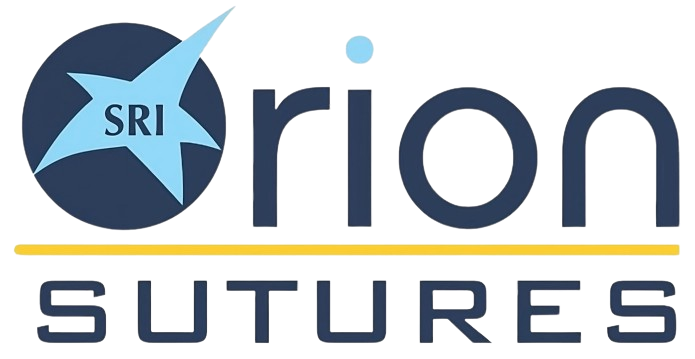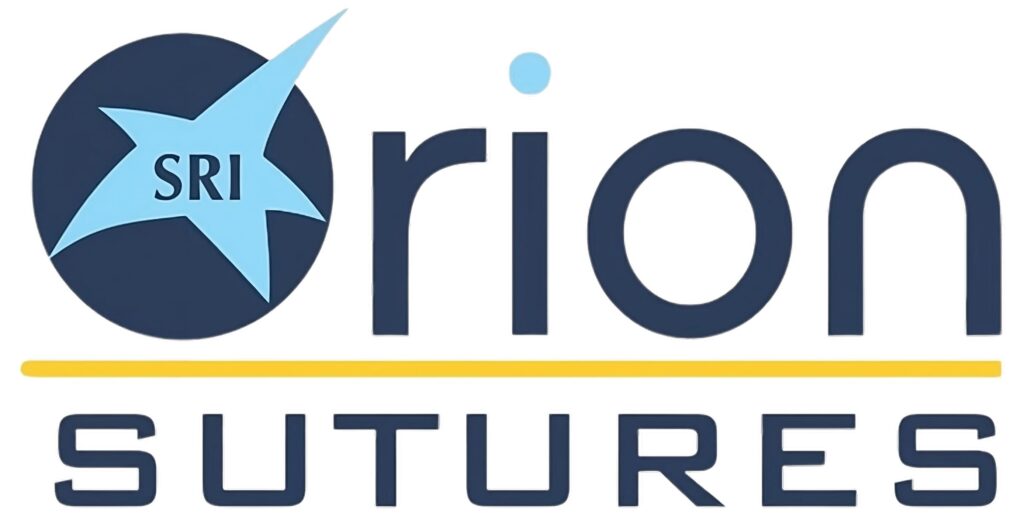When it comes to medical sutures, Ethicon Prolene sutures have long been a preferred choice of healthcare practitioners worldwide. Part of this popularity is due to the suture’s absorbable nature, allowing it to be used reliably in a variety of medical scenarios. Prolene sutures are made from polypropylene, a synthetic, non-absorbable material. This material was developed in the early 1960s by a company named Ethicon and has been in use in medical applications worldwide ever since. It is far more durable than natural materials, making it ideal for use in many medical scenarios. Prolene suture absorbable also features a coating of wax on its surface, increasing its strength and preventing it from becoming brittle over time.
- Wound Closure:
When it comes to wound closure, Prolene sutures are one of the most popular choices among clinicians. The durable material makes it easy to tie the suture tightly around the wound, providing a secure closure and reducing the risk of infection. Furthermore, it is much less likely to unravel or fray than natural sutures, ensuring a safe and reliable closure.
- Surgical Ferruling:
Prolene sutures can also be used in surgical ferruling, a technique used to close incisions and manage post-operative bleeding. In this procedure, the suture is used to close off vessels and tissue, ensuring that no blood is lost after the surgery has been completed.
- Tissue Approximation
Prolene sutures are also used in tissue approximation, a procedure in which two or more pieces of tissue are brought together using a suture. This technique can be used to sew skin together, connect muscle tissue, or ensure proper alignment of organs. Its non-absorbable nature makes it an ideal choice for tissue approximation, as it does not weaken over time.
- Threading of Tissues:
Prolene sutures are also used in the threading of tissues, such as in endoscopic surgery or the creation of tunnels in the body. Its durability allows the suture to pass through delicate tissue and remain intact, which makes it an ideal choice for creating tunnels and securing objects to body tissue.
- Soft Tissue Repair:
Finally, polypropylene suture can be used in soft tissue repairs, such as repairing tears in ligaments or tendons. Its durability makes it ideal for these types of repairs, as it can boast strong wound closure and resist breakdown over time.
Advantages of Prolene Sutures
Prolene sutures offer many advantages over traditional non-absorbable sutures. Its durable and non-absorbable nature makes it ideal for many types of surgical applications, as it does not become brittle or break down over time as some natural sutures do. Furthermore, the coating of wax on the surface of the suture further enhances its properties, making it even more reliable for medical use.
Different Types of Prolene Sutures
Prolene sutures come in a variety of different types, including uniform braided and non-braided sutures. Each type offers different advantages and is suited for different medical applications. Additionally, Prolene sutures come in different sizes, ranging from small size (3-0) to large (2).
Application Techniques
Prolene sutures are easy to apply due to their durability and size. A clinician typically uses a needle driver to thread the suture through the skin, as this minimizes any potential damage caused by the needle. Once Prolene sutures are in place, they can be tightened or loosened as needed to achieve the desired level of wound closure.
Conclusion
Prolene sutures have been in use in the medical field for decades, and it’s easy to see why. Their absorbable and durable properties make them perfect for a range of medical applications, from wound closure to soft tissue repairs. Different types of Prolene sutures are available, making it easy for clinicians to choose the type that best fits their needs. Prolene sutures are easy to apply due to their size and can provide reliable outcomes for a variety of procedures.

